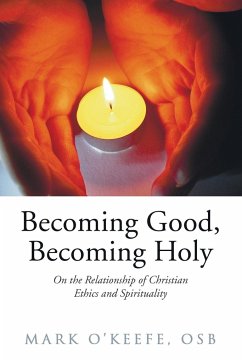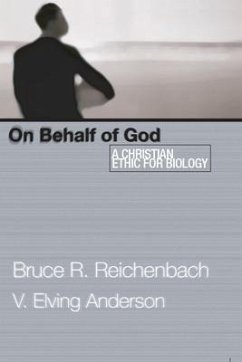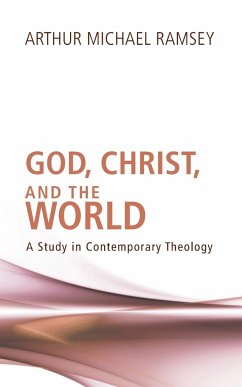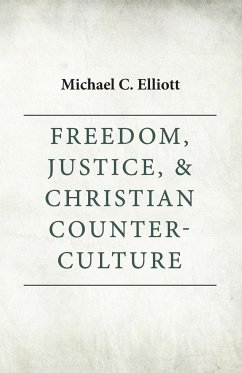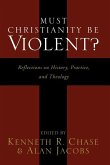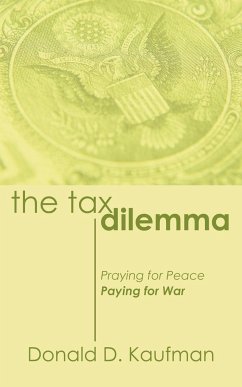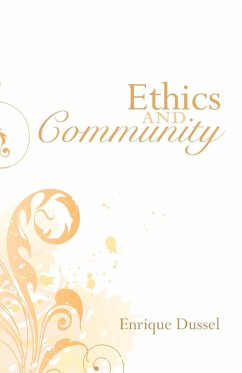Two seismic events mark the twentieth century as one of crisis for the Church. The first is the demise of the Christendom paradigm that positioned the Church as spiritual sponsor of Western Civilization. The second is the Holocaust, the horrors of which have prompted both the Roman Catholic and Protestant churches to repudiate the teachings and attitudes undergirding their dark history of Jewish persecution. The cumulative effect of these two events is that Christians have been called to rethink their own doctrines and practices, especially with regard to the Church's prior conviction that it had replaced Israel in God's plan. In his pathbreaking new work, 'Church and Israel After Christendom', Scott Bader-Saye contends that a renewed understanding of Israel might provide resources to envision a faithful post-Christendom Church. Unlike theologians such as John Milbank and Stanley Hauerwas, who have pointed to the Greek polis as a model for renewing ecclesiology, the author suggests that it is not to Aristotle but to Abraham that the church should look in order to articulate and incarnate a faithful alternative to the voluntarism and violence of modernity. The doctrine of election is the linchpin linking a renewed understanding of Israel with a renewed vision of the post-Christendom Church. By recovering a doctrine of election that is both non-supersessionist and fully Trinitarian, Christians may recover their political calling to embody a way of life shaped by covenant freedom and messianic peace.
Hinweis: Dieser Artikel kann nur an eine deutsche Lieferadresse ausgeliefert werden.
Hinweis: Dieser Artikel kann nur an eine deutsche Lieferadresse ausgeliefert werden.


